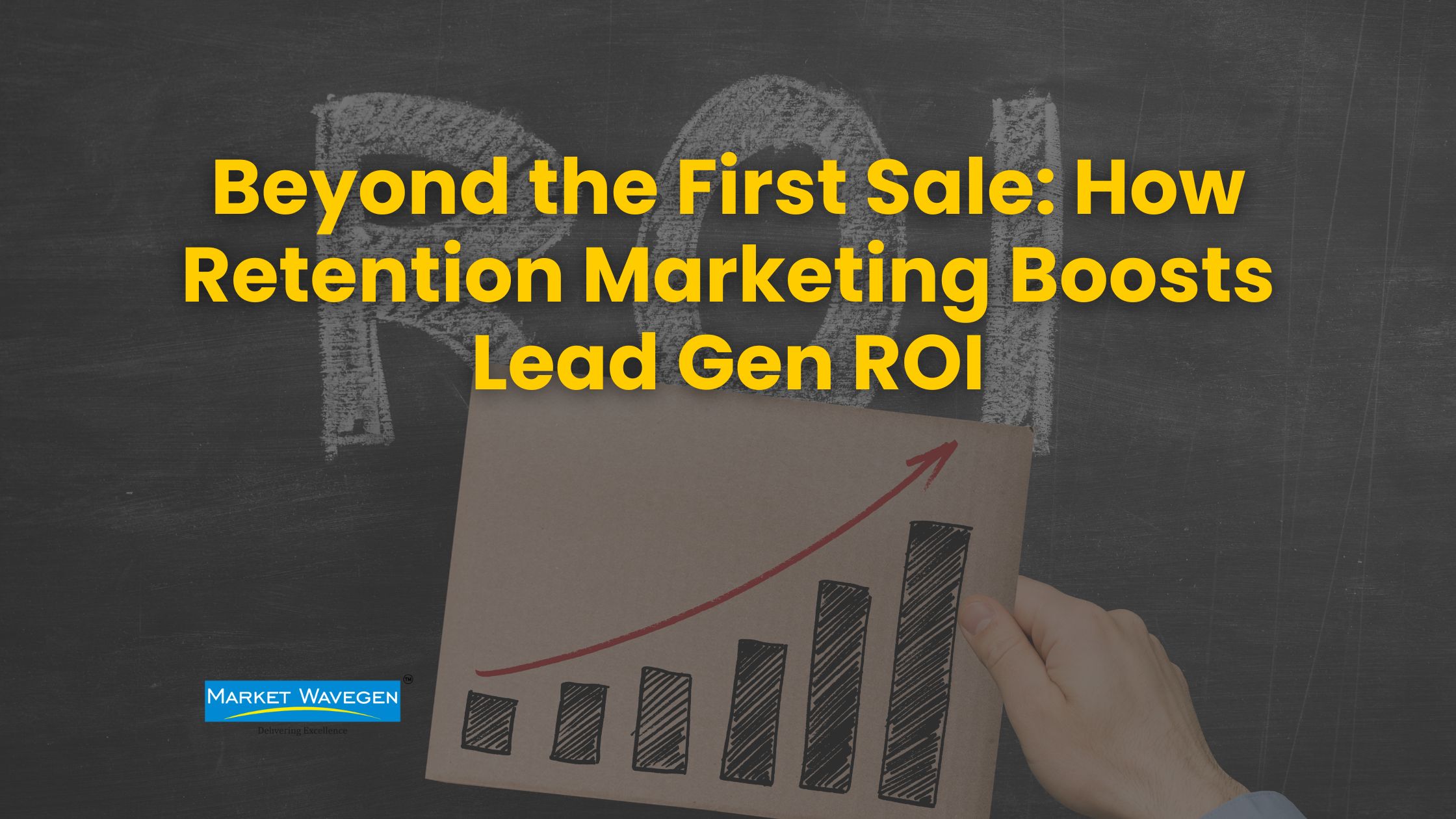Artificial intelligence (AI) has revolutionized the way businesses generate leads, providing a more efficient and effective means of identifying potential customers. However, with the vast amounts of data involved in AI-driven lead generation, there are increasing concerns around data privacy. In this blog post, we will explore the role of data privacy in AI-driven lead generation strategies and discuss how businesses can ensure they are using customer data in an ethical and responsible manner.
The Importance of Data Privacy
Data privacy refers to the protection of personal information, such as names, email addresses, phone numbers, and other sensitive data. With the rise of AI-powered lead generation tools, businesses have access to vast amounts of customer data, which can be used to target potential customers more effectively. However, this data is also sensitive and must be protected to ensure customer trust.
The Role of GDPR and CCPA
Two regulations that have a significant impact on data privacy in AI-driven lead generation are the General Data Protection Regulation (GDPR) and the California Consumer Privacy Act (CCPA). The GDPR applies to all businesses that handle data belonging to individuals in the European Union (EU), while the CCPA applies to businesses operating in California that handle the data of California residents.
Under these regulations, businesses must obtain explicit consent from customers before collecting, processing, or storing their data. They must also be transparent about what data they are collecting and how they will use it. Additionally, customers have the right to access, correct, and delete their data at any time.
Ensuring Ethical and Responsible Use of Data
To ensure ethical and responsible use of customer data in AI-driven lead generation strategies, businesses can take several steps:
Be Transparent about Data Use
To build trust with customers, businesses must be transparent about what data they are collecting and how they will use it. This includes providing clear and concise privacy policies that outline the purpose of data collection and how it will be stored and used.
Obtain Explicit Consent
Businesses must obtain explicit consent from customers before collecting and using their data. This can be achieved through opt-in forms or checkboxes that customers must select to indicate their consent.
Use Data for Intended Purpose Only
To maintain trust, businesses must use customer data only for its intended purpose. For example, if a customer provides their email address to download a whitepaper, that email address should not be used for any other purpose, such as marketing emails, unless the customer has explicitly consented to such use.
Secure Data Storage
To protect customer data, businesses must ensure that it is stored securely. This includes implementing strong passwords and encryption, as well as regularly auditing data storage systems for vulnerabilities.
Conclusion AI-driven lead generation strategies have the potential to transform the way businesses identify and engage with potential customers. However, the use of customer data in these strategies must be ethical and responsible, ensuring that customer data is protected and used only for its intended purpose. By being transparent about data use, obtaining explicit consent, using data for its intended purpose only, and securing data storage, businesses can leverage AI to generate leads while maintaining trust with their customers.





